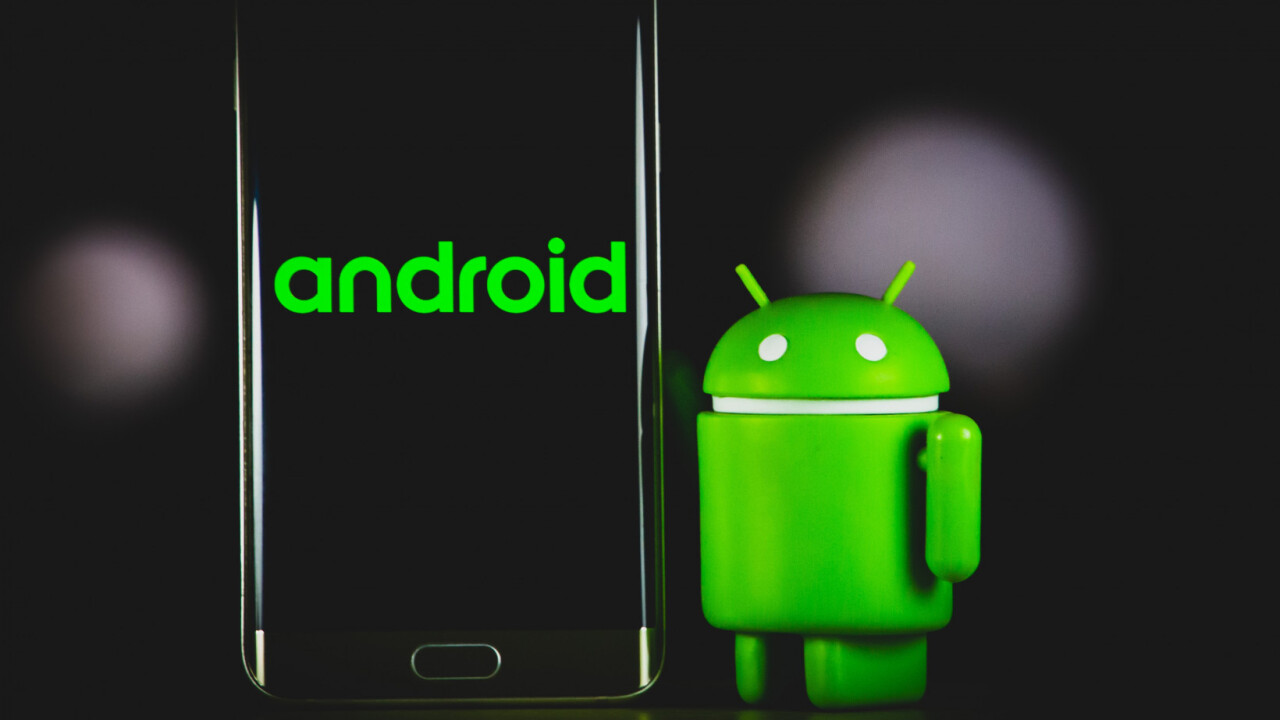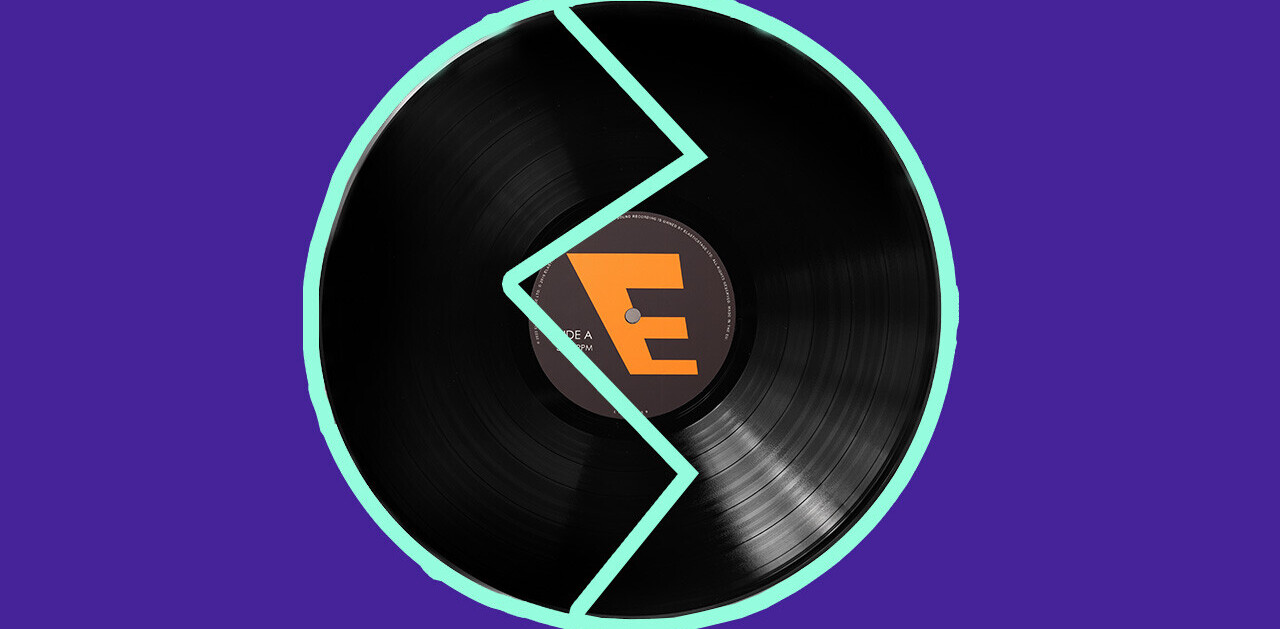Google made a significant announcement for developers last night by reducing fees for recurring subscriptions to 15% or less for all apps.
There are still tons of caveats and conditions to be eligible for that, so let’s dive right into it:
- If your app offers subscriptions (like Bumble or Spotify) through the Play Store payment system, you’ll have to pay 15% fees to Google. In March, the company had reduced the fees from 30% to 15% on the first million dollars earned for any developer.
- If your app offers media distribution such as video, audio, or books, the subscription fees will be 10%. Of course, to qualify for this, you’ll have to be eligible for the Play Media Experience program, which has conditions like more than 100,000 monthly active installs on Google Play. You can read more about those conditions here.
- There are no changes for in-app purchases fees, which remain at 30%. So if you’re a game developer who sells additional goods, this new scheme won’t benefit you.

Google said that only 3% of developers on the Play Store offer in-app goods or paid apps. It added that 99% of those developers will be eligible for the 15% (or less) fee program.
This move has played nicely for big developers such as Bumble, Duolingo, and Roblox. All these companies saw a rise in their share prices post the announcement.
For small-time developers, it’s only a marginal win as there are many other issues that need to be addressed. David Barnard, a developer advocate at RevenueCat, a company that helps devs with in-app purchases infrastructure, said that Google and Apple often force apps to use their subscription method.
6/ First, the shaping. You might be surprised to hear a @RevenueCat employee say this, but not all apps should use subscriptions. Both Apple and Google specifically incentivize developers to use the subscription model even if it isn’t a good fit for their business.
— David Barnard (@drbarnard) October 21, 2021
Chris Lacy of Action Launcher app said that while this is a welcome move, devs will benefit more if Google offered alternative payment systems.
Pleasing to see Google lowering Play's subscription rates across the board.
15% is a whole lot better than 30%, but remains >3X more than what developers would pay if competition for digital payments was allowed.https://t.co/SNL33rrCk2
— Chris Lacy (@chrismlacy) October 21, 2021
Barnard also made a point about how lowering subscription fees won’t solve the problems of creator payouts and low-margin businesses. He added that Google should lower fees for creator platforms — just like it did for media apps.
10/ Today Google also announced a new program for music and ebook apps that will see them paying a commission “as low as 10%”. Thats… great… now do that for creator platforms. And then X category and then Y business model and then Z type companies.
— David Barnard (@drbarnard) October 21, 2021
Apple and Google both have faced a ton of scrutiny over how they charge developers for using their in-app purchase systems. Over the last couple of months, these companies have made changes to this model by cutting down fees for small businesses. But they haven’t really addressed the alternative payment system questions.
However, that could change if the law forces them to do so. In August, South Korea passed legislation that might force these companies to provide alternative payment systems.
In the US, a bipartisan bill was introduced in the same month, aiming to control Apple and Google’s dominance over in-app payment systems in their app stores. If authorities around the world will start putting pressure on these tech giants, we should expect more changes in their app store policies in the near future.
Get the TNW newsletter
Get the most important tech news in your inbox each week.





